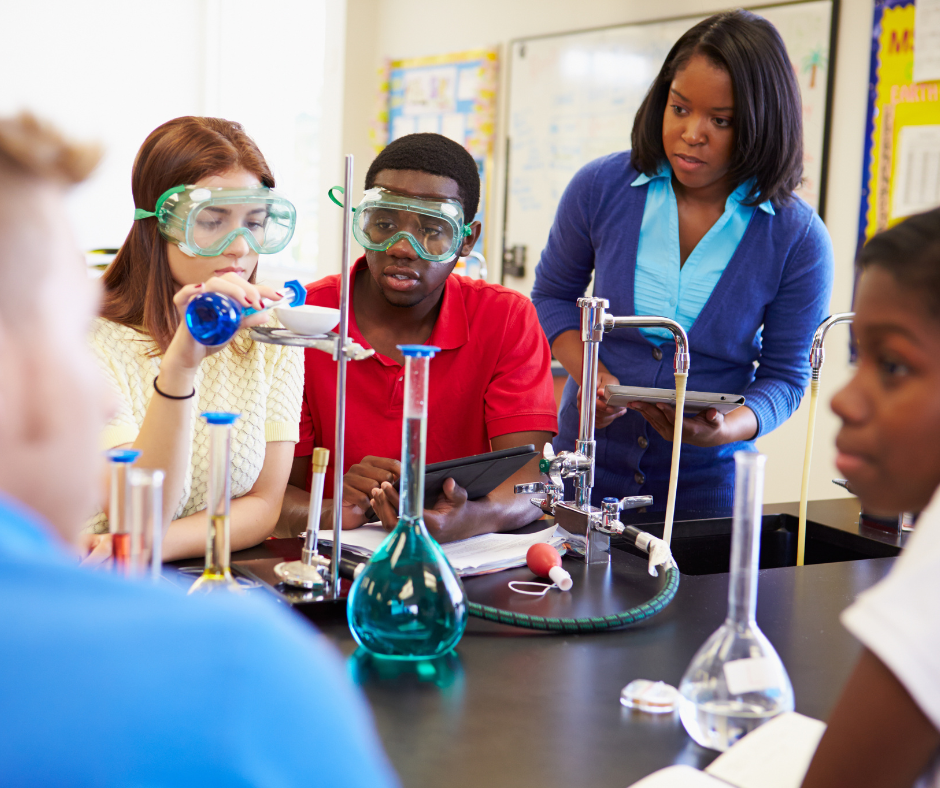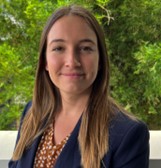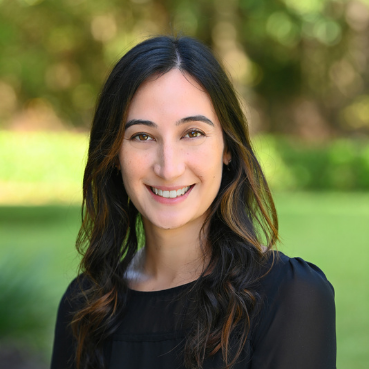Science Education, Chemistry 6-12 (B.A.E.)

Program at a Glance
- Degree: Bachelor of Arts in Education
- Credit Hours: 120
- Certification: FL Teacher Certification in Chemistry 6-12; endorsement in Teaching English to Speakers of Other Languages (TESOL)
- Location: UNF Campus
- Application Deadlines: Fall Term - April 1; Spring Term - Nov. 15; Summer Term - April 1
- Related Programs: Science Education, Biology 6-12 (BAE), Science Education, Physics 6-12 (BAE), Honors in the Major
Program Description
The Bachelor of Arts in Science Education with a concentration in Chemistry (Grades 6–12) is a state-approved, CAEP-accredited program that prepares graduates for teacher certification in Florida to teach chemistry at the secondary level. Designed for students with a passion for science, experimentation, and teaching, the program equips future educators with the knowledge and skills to foster scientific thinking, encourage inquiry and support the academic and personal development of adolescents in various classroom settings.
Grounded in evidence-based practices and aligned with state and national standards, the curriculum emphasizes scientific literacy, inquiry-driven instruction and culturally responsive pedagogy. Students engage in coursework covering general, organic, physical and analytical chemistry, as well as science teaching methods, gaining the tools to help learners connect chemical principles to real-world applications and develop a deeper understanding of the material world.
The program includes structured field experiences and a full-semester internship in a middle or high school science classroom, where students work closely with experienced mentor teachers and university faculty. These hands-on placements provide opportunities to apply pedagogical theory, build classroom management skills, and refine instructional strategies in authentic educational environments. Successful completion of the Florida Teacher Certification Examinations (FTCE) is required prior to the final internship.
Graduates of the program are well-prepared to begin careers as certified chemistry teachers in grades 6–12 or to pursue graduate study in science education, chemistry, or related fields. With a strong foundation in chemistry and a commitment to inquiry-based learning, they are ready to lead dynamic, meaningful instruction that inspires the next generation of critical thinkers and problem solvers.
Program Details
-
Course Catalog
Explore the courses that will prepare you to teach, inspire, and engage adolescent learners in the chemical sciences. The course catalog outlines the required coursework for the B.A.E. in Science Education with a concentration in Chemistry (Grades 6–12), including foundational classes in general, organic, physical, and analytical chemistry, along with instructional methods for secondary science education. Each course is designed to help you build strong content knowledge and practical teaching skills to create inclusive, inquiry-based learning environments that promote scientific thinking, curiosity, and a deep understanding of the material world. -
Internship
In your final semester, you’ll take ESE 4943: Student Internship, the culminating experience in the Biology Education program. This is your opportunity to apply everything you’ve learned as you step into the role of a full-time science teacher in a secondary classroom. You’ll plan and deliver chemistry lessons, facilitate hands-on lab and inquiry-based activities, assess student understanding and adapt instruction to support all learners, while working closely with a mentor teacher and university supervisor in a public school setting.
Through classroom teaching and seminar sessions, you’ll demonstrate your mastery of the Florida Educator Accomplished Practices and apply the knowledge, skills and professional mindset developed throughout your coursework. This capstone experience prepares you to become a confident, reflective educator ready to lead engaging, inquiry-driven science instruction in today’s middle and high school classrooms.
- A Level 2 background check, including fingerprinting verified by the school district where your internship takes place, is required before any placement can occur. Results must be submitted to the Office of Academic Support and Information Services (OASIS). Students who are not cleared by the district will not be permitted access to school sites.
- Passing the FTCE Professional Education and English 6-12 Subject Area exams is required to complete the internship and graduate.
- Department approval is required to register. Internship applications for fall are due the 4th Friday of the preceding spring term, and spring applications are due the 4th Friday of the preceding fall term. There are no summer internship placements.
-
Florida Teacher Certification Examinations (FTCE)
-
Students must pass the General Knowledge Exam prior to reaching 90 credits to remain in the major.
-
Students must have attempted the Professional Education and Subject Area certification exams prior to beginning the internship.
-
Students must pass the Professional Education, Subject Area and General Knowledge certification exams to be eligible for graduation.
-
Career Outlook
There is a strong demand for certified chemistry teachers who can engage and inspire students in grades 6–12. Graduates of the Chemistry Education program are well-prepared to teach in public and private middle and high schools, bringing expertise in chemical sciences, inquiry-based instruction, and hands-on laboratory learning. Many go on to become secondary chemistry or general science teachers, while others pursue careers in science curriculum development, educational outreach, or graduate study in education or chemistry-related fields.

Admissions Requirements
-
Freshman
Ready to apply to UNF? Learn more about Freshman Admissions Requirements. -
Transfer
-
Admission into the College of Education and Human Services requires a minimum of 60 semester hours or a state of Florida AA degree with a grade point average of 2.50. Find specific admission criteria for this program on your Degree Evaluation, college website, university catalog or consult your academic advisor. For more information visit the Office of Academic Support and Information Services (OASIS) webpage.
-
A minimum grade of "C" is required in all course work earned for the Bachelor of Arts in Education (BAE).
Ready to apply to UNF? Learn more about Transfer Admissions Requirements.
-
-
International
Ready to apply to UNF? Learn more about International Admissions Requirements. -
Additional Program Requirements
-
Students must pass all four parts of the General Knowledge exam (GK) prior to reaching 90 credits or senior status to continue in an education major. Students not passing the GK by the 90 credits or senior status will need to change to a noneducation major.
-
A level 2 background check (including fingerprints) done and verified by the school district in which the field/clinical experiences will be completed is required prior to the assignment of any student to a field/clinical experience. Results must be submitted to the Office of Academic Support and Information Services (OASIS). Students not cleared by the school district will not be permitted access to schools.
-
Passing the Professional Education and Subject Area exams of the Florida Teachers Certification Exam (FTCE) is required for completion of internship and graduation.
-
Department approval required. Fall internship applications are due on the 4th Friday of the previous spring term. Spring internship applications are due on the 4th Friday of the previous fall term. There are no summer internship
-
Program Contacts
Dr. Brian Zoellner
Program Director and Biology Education Lead
Marilyn Heth
Academic Advisor
Jade Yuen
Associate Director of Outreach, Recruitment and Retention








